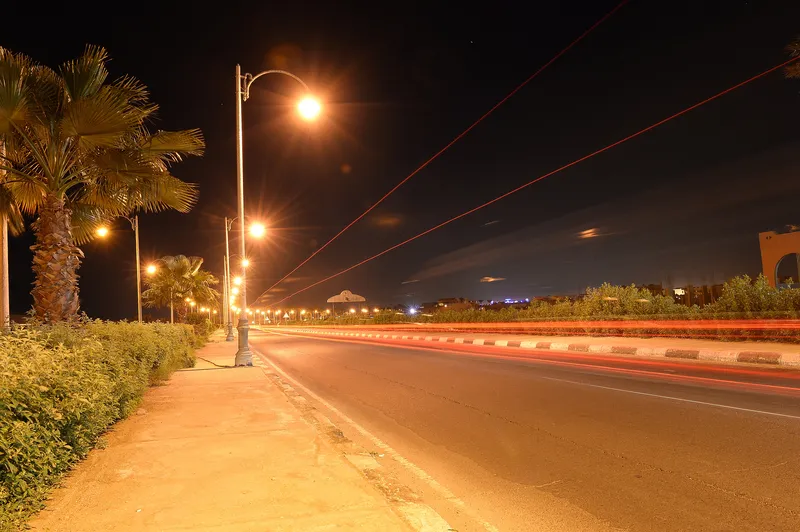Siemens has completed a major upgrade of Manchester’s traffic signal system, with the replacement of a total of 52,000 traditional traffic signal bulbs with longer-lasting and energy saving LED lights across more than 1,800 sites, resulting in energy savings of US$1.26 million and maintenance savings in excess of US$505,000.
The upgrade programme has reduced monthly energy usage from 1,000,000 KW/hr in March 2012 to 480,000 KW/hr in February 2014. The new traffic signals also benefit the environment thro
April 22, 2014
Read time: 2 mins
The upgrade programme has reduced monthly energy usage from 1,000,000 KW/hr in March 2012 to 480,000 KW/hr in February 2014. The new traffic signals also benefit the environment through being a more durable alternative to traditional bulbs, needing to be replaced every seven years on average, saving around 30,000 standard bulbs per year.
Councillor Andrew Fender, chair of the
The traffic signal upgrade programme is part of a 15-year maintenance contract with TfGM and has taken two years to complete.









